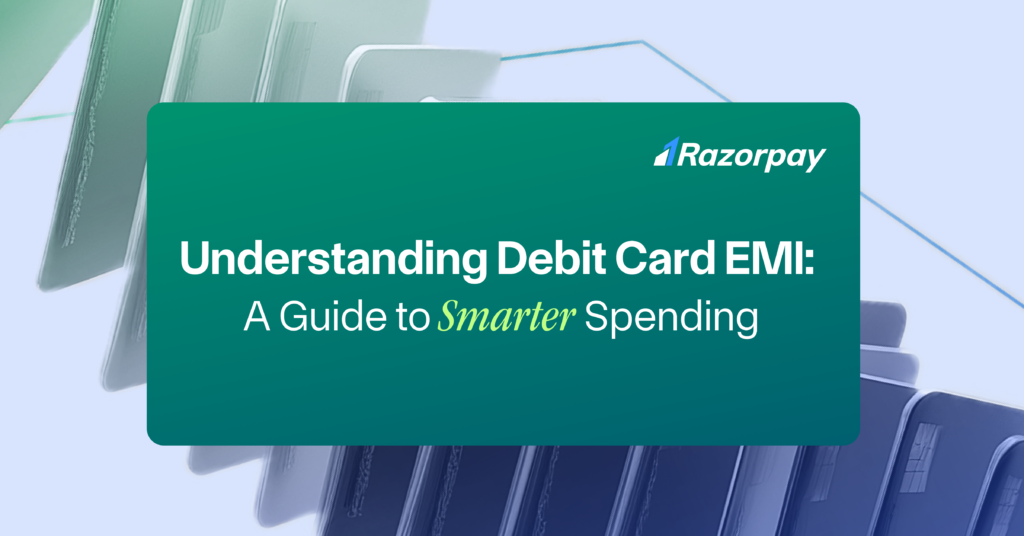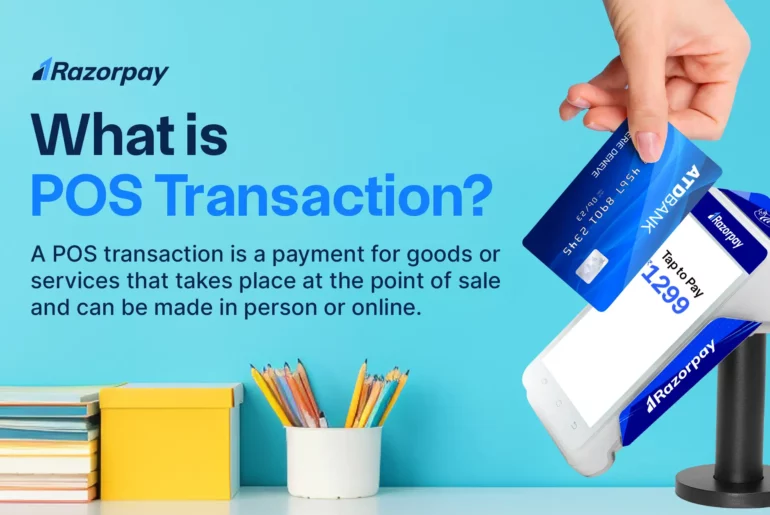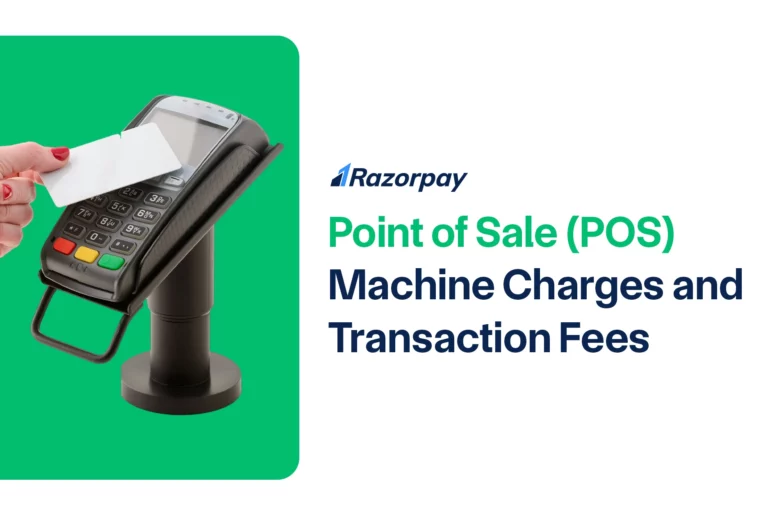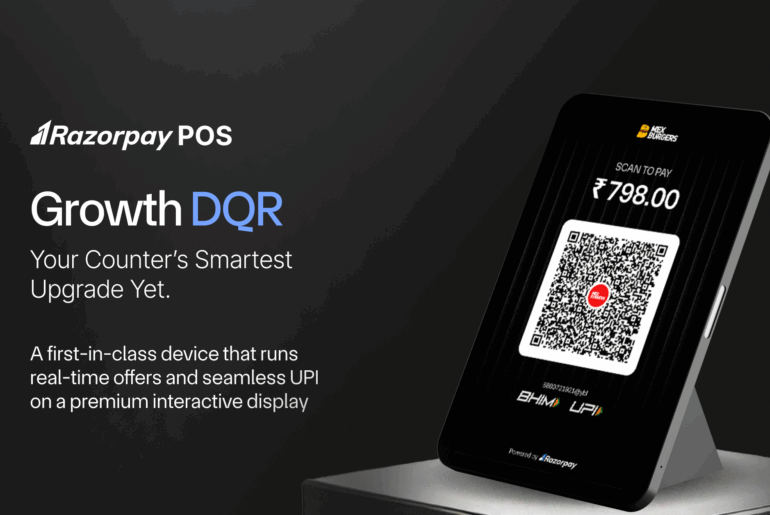In the rapidly evolving landscape of digital payments in India, Debit Card EMI has emerged as a transformative financial tool. With 979.71 million debit cards in circulation* as of June 2024—nearly ten times the number of credit cards—there’s a clear need for payment solutions that cater to debit cardholders. Debit Card EMI bridges this gap, enabling individuals to convert high-value purchases into easy monthly instalments, making big-ticket items more accessible and affordable.
What is Debit Card EMI?
Debit Card EMI is a financial service offered by banks and financial institutions that allows debit cardholders to split high-value purchases into manageable monthly instalments. Unlike traditional credit-based financing options, Debit Card EMI requires no credit card. This facility is especially valuable for individuals without credit card access but with significant purchasing needs. Popular products eligible for Debit Card EMI include electronics, furniture, and home appliances.
Related Read: CVV in Debit Cards: What It Means, Full Form & How It Works
Eligibility made simple
Eligibility for Debit Card EMI hinges on key factors evaluated by banks:
- Customer Type: Only Existing-to-Bank (ETB) customers are eligible across all participating banks.
- Criteria: Banks assess account balance, transaction history, and spending patterns to determine eligibility.
- Flexible Funds Requirement: Customers do not need the full transaction amount in their account at the time of purchase. Once the bank’s criteria are met, the transaction can be seamlessly converted into EMI.
How does Debit Card EMI differ from Credit Card EMI?
|
Feature |
Debit Card EMI |
Credit Card EMI |
| Payment Method | Linked bank account | Credit limit provided by the issuer |
| Eligibility | Based on account balance, transaction history, other criteria at bank’s discretion | Required credit score and credit history |
| Documentation | Minimal to none | May require more documentation |
| Transaction limit | Limited by available balance in linked bank account | Depends on credit card’s available credit limit |
| Conversion process | Must opt for EMI at the time of purchase | Can convert to EMI post-purchase |
| Availability | Limited to select platforms and brands | Widely accepted |
| Flexibility | Tenure options may be limited | May offer longer tenure and flexible repayment plans |
Key points to remember
- Eligibility Varies: Banks set unique eligibility criteria for Debit Card EMI which might vary at the bank’s discretion.
- Processing Fee: Most banks charge a nominal processing fee for Debit Card EMI as well.
- No Post-Purchase Conversion: Unlike Credit Card EMI, you must opt for EMI during checkout.
- Limited Availability: Debit Card EMI is offered by specific merchants and for select products only.
Related Read: What Is Debit?
Why Debit Card EMI matters
The surge in debit card usage in India—up 4% year-over-year in 2024—highlights the growing need for inclusive payment solutions. With Debit Card EMI, consumers gain access to flexible financing without relying on credit cards. The facility is especially beneficial given that credit card penetration remains at just 103.8 million compared to the nearly 980 million debit cards in circulation.
With EMI² by Razorpay, merchants gain access to a robust platform partnered with leading banks offering Debit Card EMI facilities. This partnership empowers customers with flexible financing options, allowing them to make big-ticket purchases effortlessly. Moreover, Razorpay’s comprehensive suite, EMI², not only simplifies the checkout process but also enhances customer satisfaction by providing access to various tenures and schemes tailored to their needs.
Whether you’re a consumer looking to spread the cost of big-ticket items or a merchant aiming to enhance customer offerings, EMI² by Razorpay solutions make leveraging this innovative payment option easier than ever. Take the first step by exploring our platform and experience the convenience of Debit Card EMI today!
*Source: Business Standard



